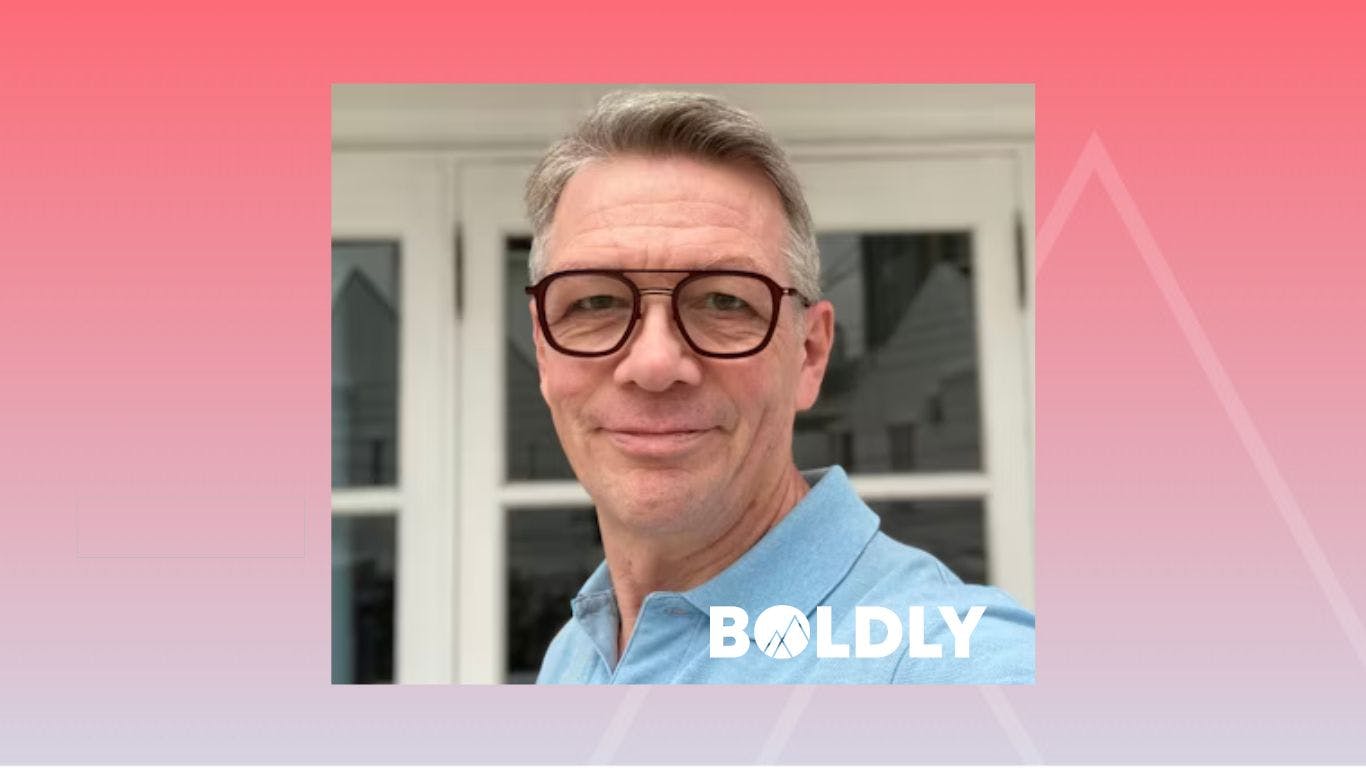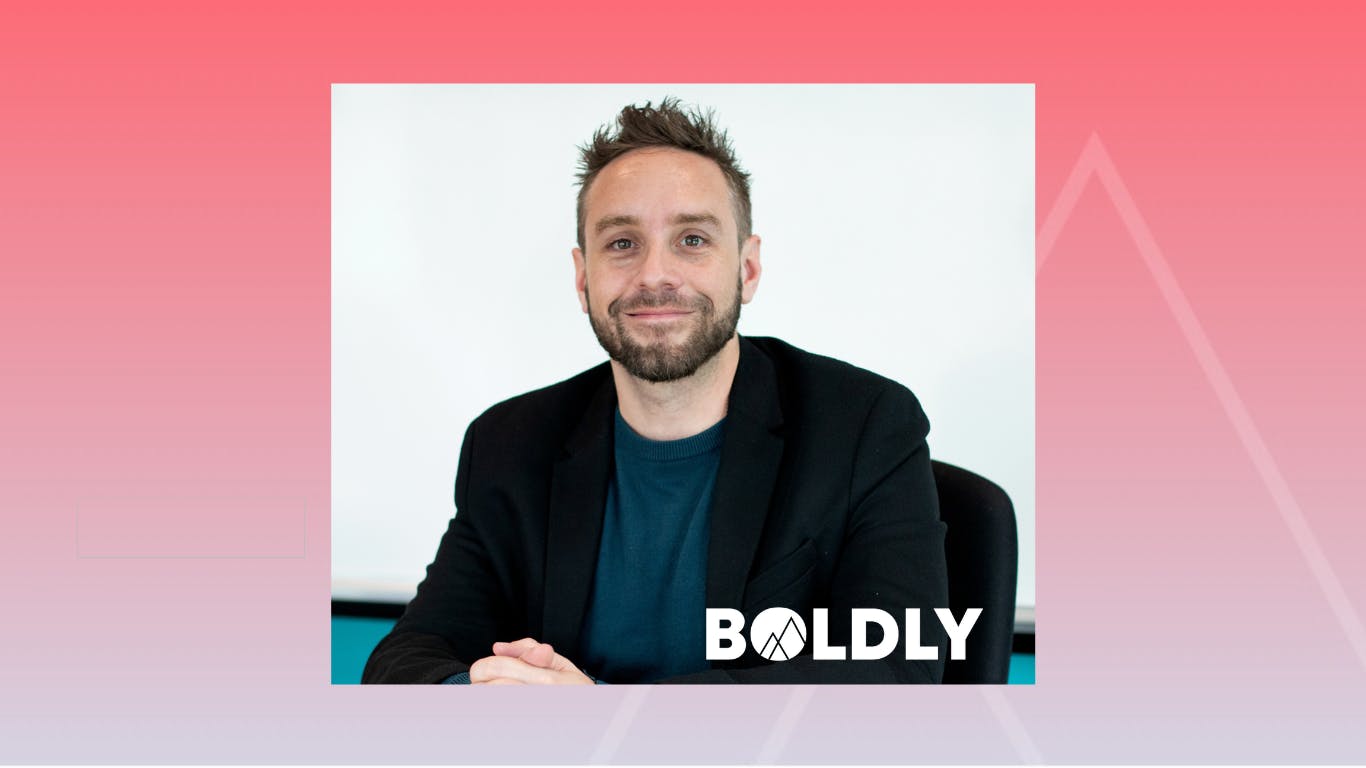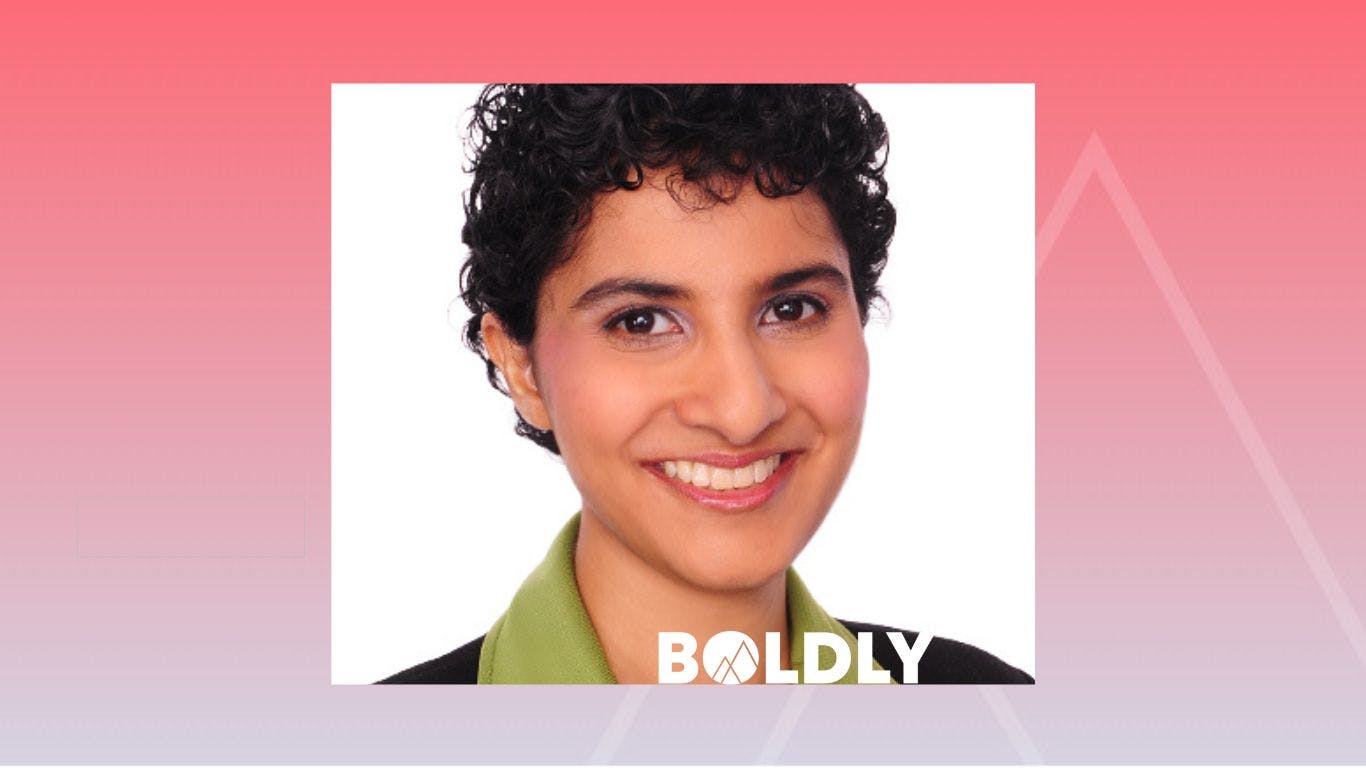Coach Spotlight: Coach Arne
Step into this week's BOLDLY Coach Spotlight with Coach Arne! Having resided in 9 diverse countries, Coach Arne, now anchored in Bangkok, Thailand, brings extensive expertise as both an Executive and Team Coach, notably across Asia. We look forward to hearing his global perspective on all things coaching- let's begin!
1) Thank you for joining us! You're fluent in an impressive four languages. Could you share a funny or memorable language-related misunderstanding you've encountered during your travels?
When we moved to Mexico, the decision to move from France with my family was taken quickly, after discussing the opportunity with my wife. That left me with only two weeks to learn some Spanish that I did not speak at all. The people I was working with in Mexico did not speak English, so the learning curve was quite steep! Soon after arriving we had a meeting with a client, and at the time I had only learnt the present tense. So I said what I could, in present tense, then added "yesterday" to make up for the lacking past tense. Haha, that was unconventional, but it worked!
2) Living in nine countries must have exposed you to various cultures. Which one left the most lasting impression on you, and why?
Having lived almost 4 decades away from my country of origin, you can imagine that I have met many other people who have decided to live abroad. What I find striking is that everyone has a special attachment to their first experience as expatriates. As a family, that was Mexico in our case. It's a beautiful and very diverse country, with friendly people everywhere. Colours are plentiful, and if you treat everyone with respect, as one should do, there is no reason to fear security issues. It was also my first assignment as a GM, and I found the Mexicans I had the privilege to lead very hard working and great fun. Food is always an important ingredient in our lives, and the Mexican street food style dishes remain a fond memory until today. We still seek out Mexican restaurants where we live, even in Bangkok, and nothing beats Thai food! We eat Thai food every day, and have reached the point of adding chili to staple food such as omelets which we now find too bland.
3) Prior to coaching, you had worked in various executive roles from GM, Director and finally a Vice President. Can you talk us through your transition to coaching and why you made the choice to transition?
When I was in Hong Kong working as a regional head, I believe I had realised my potential in my career. As a VP in charge of Asia, I had the privilege to lead teams in the world's most dynamic region, including China. At that stage of my life, with our two daughters out of the house, I started to reflect on ways I could have a big, positive impact in people's lives. As a GM, I always used to develop my team members as much as possible, and whenever one of them took my place when I moved on, it was my greatest achievement and pride. This naturally made me explore people and team development. While in Hong Kong I underwent training with Transcend International, a company offering state of the art coach training. Their approach to coaching goes beyond the basic coaching conversations. It is more a quest for being a coach than doing coaching. Most of the Transcend alumni talk about a life changing experience.
The Team Coaching program, created by David Clutterbuck in the UK, has been an incredible experience for me and my clients. Contrary to most models that include psychometric tests at an individual level and a prescription for behavioural change, the PERILL model as it is called, looks at the team holistically, and invites the team to look at ways to adhere to best practices of high performing teams. As the team itself is deciding how it wants to work differently, change is immediate and long lasting. As the coaching process works well, clients always achieve their goals and expectations, as long as they are clear. Clarification of goals is a key aspect of the coaching process.
Helping people develop in their career is rewarding beyond what I could dream of, and I consider myself privileged to be able to make the world a better place, one person and one team at a time.
4) What inspired you to pursue the ICF ACC credential, and how has it enhanced your coaching practice?
Being a certified coach is important in two ways. Firstly, it offers a guarantee to our clients that the quality of our service adheres to the highest standards, both professionally and ethically. Second, it gives the coach a sense of achievement and credibility. Over time, the most important is how our clients express satisfaction with the outcomes of coaching and the word of mouth that is created. Like in most areas, a satisfied client is your best publicity.
5) With such diverse experiences, how do you think your multicultural background has shaped your approach to problem-solving or collaboration in coaching?
The single most important value that I gained through our lives in many countries is open mindedness. Keeping an open mind is essential to coaching, as it helps to avoid bias and judgement, two of the "internal enemies" of a coach. Many rookie coaches, including myself at the beginning, have a tendency to offer solutions to the clients problem. That is not coaching. The key to helping a person develop is to provide a framework where the client gains awareness of what they want, and then be mindful in the moment of choice in order to choose the desired behaviour.
The absence of assumptions and judgment is also key to avoid any cultural misunderstandings. As I coach, I always use the client's framework and invite them to self-reflect. If at any time a suggestion for change comes up, it stems from the clients themselves, and that is precisely why coaching is so powerful. If you ask someone to change, they will not. If a person decides to change by themselves, it might be difficult, but possible. With the help of a coach, it is only a matter of time before the desired change becomes reality.
6) You offer both individual and team coaching, when working with a team why do you think it is important to address the members of a team as one, rather than a set of individuals?
The classic approach to team coaching addressing individuals is particularly delicate in Asia. Even if the coach is thoughtful, they might come through as judgmental and make a team member lose face. Why, because asking someone to change their behaviour is implicitly a message that the current behaviour is not good enough. This is not possible here in the region.
The PERILL model is instead asking the team to reflect on which best practices they apply day to day as a team, and which they do not. An anonymous report is provided which enables the team to discuss effortlessly about ways to collaborate that will bring them closer to high performance. A monthly check-in and refresh for 3-6 months is enough for the team to improve and eventually self-coach. When the coach is not needed anymore, that is proof that a good job has been done.
7) What benefits do you think come from offering team coaching in parallel to individual coaching?
Team coaching is a relatively new concept compared to individual coaching. Companies are used to team training and team building, but not team coaching. I am proposing a model that is totally new and putting on its head the usual approach to team coaching, with the team leader and the team itself behind the driving wheel. I also think that companies are used to earmarking budgets for team improvement, whereas individual coaching is much too often still regarded as something which is proposed to leaders that have a problem. Nothing could be further from the truth. Coaching, both for teams and individuals, is enhancing performance through gains in awareness and mindfulness of one's behaviour, which in turns facilitates choices and implementation of new behaviours. The world's top CEO's have coaches, there is a good reason for that.
8) In your BOLDLY Coach Profile, you mention helping project groups in college with their final year projects- can you expand on what this entails and why you enjoy working along side the students?
Students have fresh ambition and young spirits. I find it a pleasure to discover what they dream of and what they want to achieve in life. Coaching young generations also gives me the opportunity to spread the awareness of coaching early on, which hopefully will contribute to the use of coaching later in their corporate jobs. At Chulalongkorn School of Integrated Innovation, bachelor students embark on a capstone project in their last year. The first three months, the project groups are offered the opportunity to be coached by me, and I am using the PERILL model and the same approach and tools as I would with a corporate client. The project teams have different needs when they come to my coaching sessions. I then work together with each individual project team to develop strategies that will help them achieve their goals. There is not much difference between coaching students and corporate clients, but the context changes and they have different levels of maturity and experience. As I have said, bias and judgment must be set aside to do a good job as a coach. The importance is not how senior the client is, but whether they consider having achieved their expectations.
9) How do you perceive the role of coaching within Asian cultures, and how might your experience living in Asian countries inform your approach to coaching within this region?
Human beings are all alike, we have the same basic needs and motivations. We all want love, recognition, belonging and a few other things. Cultural bias is introduced through group cultures. We find different codes of conduct in different countries, different corporations, different cities. We also note that we adapt to these cultures and modify our own behaviour to these changing environments. If you have a family dinner or a dinner with friends, you will note that you are using a different language, both verbal and non-verbal, according to the environment. Coaching therefore, as a non-judgmental and open-minded framework for professional and personal development, is adapted to all cultures. Bias, however, is oftentimes unconscious, and a western coach might be triggered to react to verbatims of their clients in Asia more often than with their western clients.
It is therefore important that the coach does not enter the equation of the coaching process, and at the same time be totally present with their client. Paramount to the coaching success is to establish a relationship of trust with the client. This enables the client to feel they can share very personal aspects of their life. I have clients telling me things they have not shared with anyone else before. This trust must be mutual, and for a coach one of the ways to respect this trust is to maintain absolute confidentiality.
I think both Asian and Western cultures still see coaching as a problem-solving tool, and western cultures may be more used to and open to applying such tools. In general, Asian cultures are more used to prophylaxis, or preventive care, than western ones, so I hope Asian companies will see that coaching is a way to develop their people and teams at large, without necessarily having a problem. Partnering with a coach does not mean you don't have all the answers. It means you get the support you need to unlock the answers that lie within yourself.
10) Finally, What do you believe sets you apart as a coach and makes you someone that individuals would seek out for guidance and support in achieving their goals?
My clients tell me I give them a safe space to express themselves in. My age, experience and calm demeanor give a sense of wisdom, which offers my clients a way to gain self-confidence and clarity of mind. This helps them stake out the course for the future and take the first steps towards their goal. All human beings are one. Therefore, even if my clients are corporate clients, I coach the whole person, not limiting my client to a particular topic. Invariably, even if we start off with a topic from their work lives, a part of their personal lives will also pop up at some stage. Being able to blend the two in order to help my clients grow and achieve their goals is something I guess I do quite well, according to what my clients tell me!
Thank you, Coach Arne, for sharing your experience and valuable insight with us. To book a chemistry session for individual or team coaching with Coach Arne, or to learn more about BOLDLY's suite of coaching offerings, visit www.boldly.app or email connect@boldly.app!
About the Author:
Lisa Singh is an Australian, living with her family in the beautiful South Pacific. As Coach Business Partner Lead for BOLDLY, Lisa's team screen and onboard coaches onto our global marketplace, then enable the matching and engagement process so that coaches can do what they do best: deliver exceptional coaching journeys to our coachees. Lisa is a trained nurse, and her role with BOLDLY she loves meeting top coaches and promoting their work for a win:win. Connect with Lisa here:


